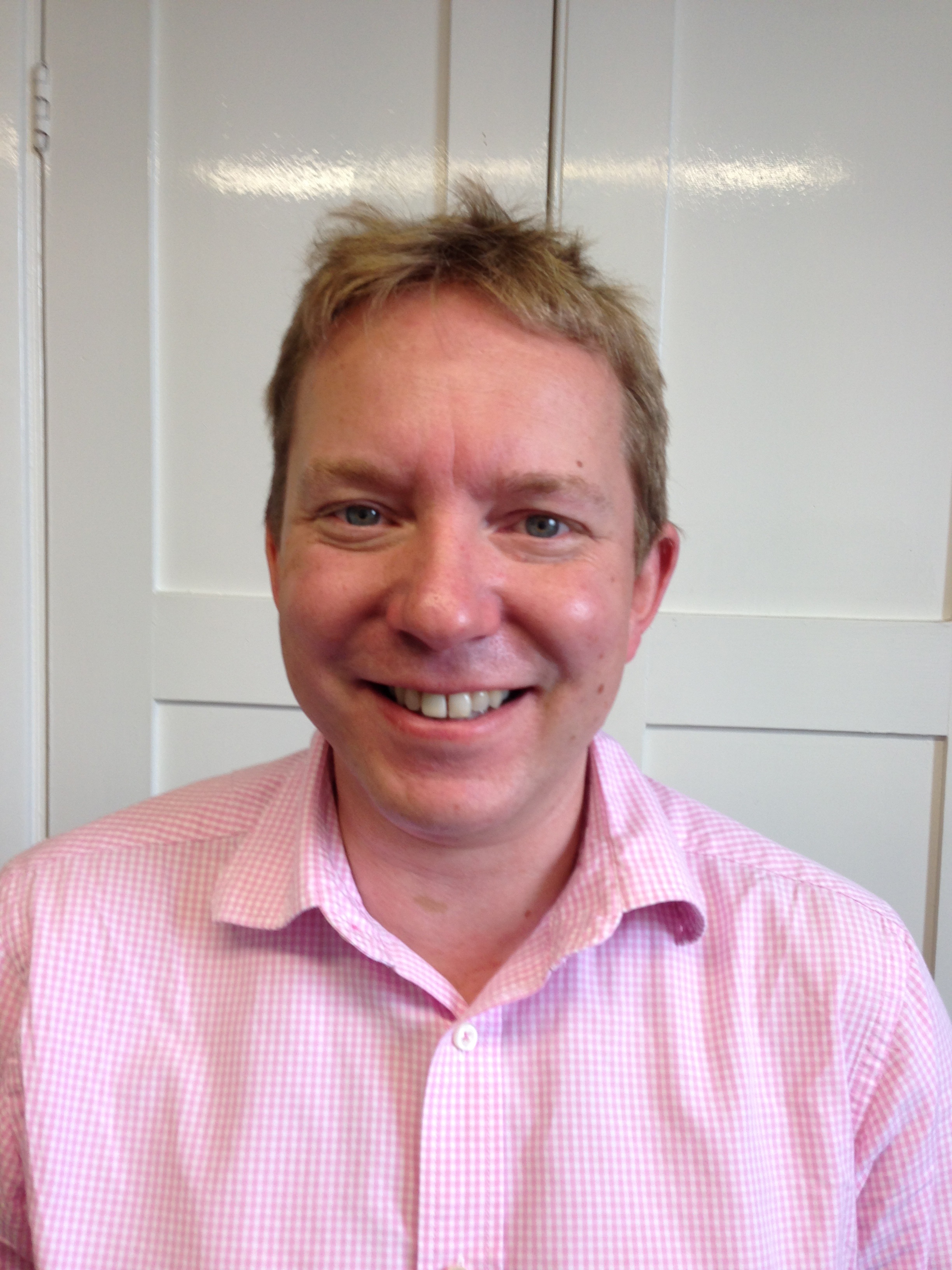 by Dr Ollie Minton, Macmillan consultant and honorary senior lecturer in palliative medicine
by Dr Ollie Minton, Macmillan consultant and honorary senior lecturer in palliative medicine
I remember the old British Telecom adverts moving from Maureen Lipman’s “ooh he’s got an ology” to the final incarnation of Bob Hoskins “It’s good to talk”. I’m fairly certain after this, the internet took off and the simple phone call was confined to the snapchat bin of history.
Judging by current commentary, we are even supposed to move beyond emails – not likely until we move away from being fax dependent- but my point is there are so many methods to “communicate”.
However when we talk about delivering bad news, a rapidly changing condition or the uncertainty of a changing illness a quick text or tweet status update isn’t quite sufficient. We as specialists pride ourselves on the ability to address all of these problems and more. As someone is approaching the end of life, communication really needs to be face to face. This is not an innate skill and it requires training to be done effectively.
While others invariably use the excuse of insufficient time, I believe lack of confidence is a significant driver of avoidance, or at the very least minimisation to address these areas. Perhaps more importantly, patients and families value these conversations especially around uncertainty & decision making in advanced illness. We as professionals need to be able to meet these needs.
In the halcyon days of core MDT funding every member was funded to undertake an “advanced communication skills course”. While I am not going to debate the merits of three vs two days, multiprofessional , residential and so forth, there was ample evidence to support the course leading to sustained behavioural change. Sadly because of the costs involved and the lack of hard outcomes these have been discontinued. In part perhaps because there was no direct correlation to improvement in patient experience, for example. However there is a database (unpublished) of post course confidence scores addressing a variety of complex communication scenarios. The headline summary was that 12,000 clinicians were trained. The longer term impact has not been studied. We are left not knowing if this is a critical mass of professionals has achieved consistent change.
A recognition of lost time has been made in a Marie Curie report entitled the long and winding road.
This draws in all aspects of communication, as I alluded to at the start, but recognises the missed opportunities and the continued need to meet the expectation of sensitive tailored communication and shared decision making. Equally as it is now 2016, the report authors mention the impact of “Dr Google” and the influence of technology. They label it a call to action but acknowledge the four year hiatus and lost momentum after funding for communication training was withdrawn in 2012.
If I thought that revised medical school curricula and a cultural shift had solved these problems, I would rest easy. While we can teach these skills in the same way as prescribing they can only be developed with experience and relying on absorption through role modelling is insufficient and not in line with the ample evidence base on communication training.
Training previously has focused on experiential learning but using cancer as the model. The now defunct national cancer action team has given way to Health Education England , the GMC and other organisations who are responsible for post graduate development.
The development of simulation in medical education gives ample opportunities for flexibility in developing these skills provided the core elements of experienced facilitation, actors and video feedback are used. These can be delivered in a set way to small groups and provide training in particular areas as needed.
Outside of our speciality I observe limitations in conversations about advance care planning , uncertainty, escalation of treatment & of course DNACPR. This is addition to the development of delivering bad news, discussing complex treatment plans tailored to the individual patient need and so forth. However I would not want to see this merely added to a portfolio of more areas to be assessed. There needs to be some fluidity in how this is done to meet individual clinicians’ learning needs.
This approach is in keeping with elements of the recent independent cancer task force , albeit recommendation 60- a long way behind personalised medicine and the digital revolution.
In conclusion I can’t stress the importance of every health care professional having impeccable communication skills. While we have no control over all the methods an organisation uses to disseminate information, we all want to avoid the immortal aphorism of Cool Hand Luke: “What we’ve got here is failure to communicate”